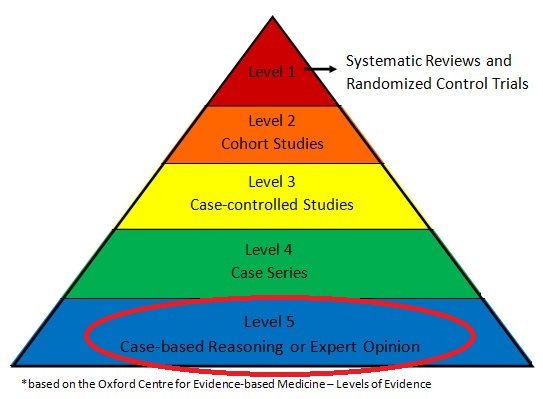Not that I am such a genius, but my default is phenylephrine, for the simple reason that I don't put in central lines easily. The patient has to "prove" to me that he needs one. Also, there have been studies where phenylephrine+esmolol didn't have a worse outcome than norepi. And it makes physiologic sense. Where phenylephrine hurts is in the patient with serious heart disease.
I am sure there are many other intensivists whose decisions are not knee-jerk, but adaptive, based on the specific patient's physiology and best interests. I was educated by some of these free thinkers.
I am a strong believer in first do no harm, and that 50% of medicine is bull****, we just don't know which 50%. So I have become a minimalist, and my ICU prophylaxis list doesn't include just SC heparin etc., but also avoiding any iatrogenic complications.
It is indeed not easy, because a lot of bad science has become dogma. Every time I take a step off the beaten path, I have to explain it to the "team", convince some useless busybody "clinical" pharmacist or some surgeon with a god complex, and cover my behind in the notes. A lot of time wasted on convincing people with inferior knowledge and/or IQ (similar to malpractice trial jurors) that I know what I am doing and that it's in the patient's best interest. Especially if there is already some institutional protocol for stupid people in place.

